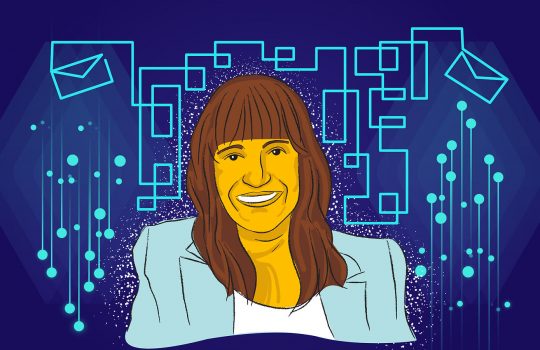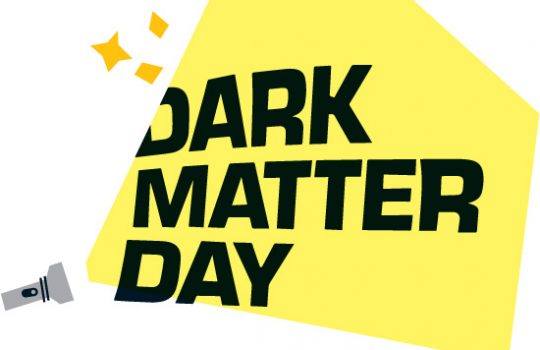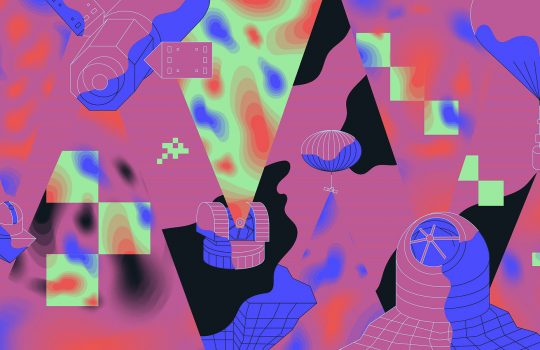DOE funds new physics research in dark matter
From Washington University’s The Source, Oct. 23, 2019: The Department of Energy has awarded new funding to boost research on dark matter, the mysterious substance that makes up an astounding 85% of the matter in the universe. The Axion Dark Matter eXperiment is one of the fund’s recipients, and a number of Washington University scientists are collaborating on the project.




